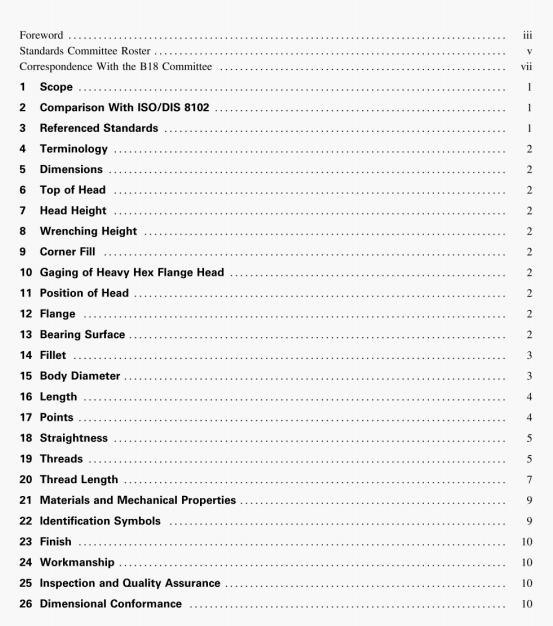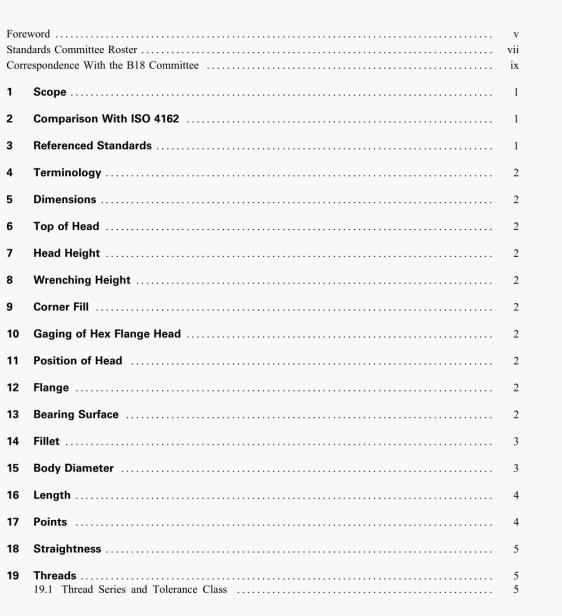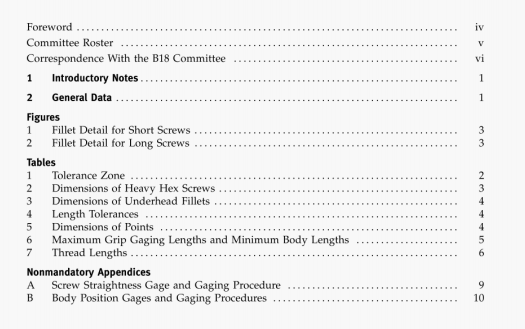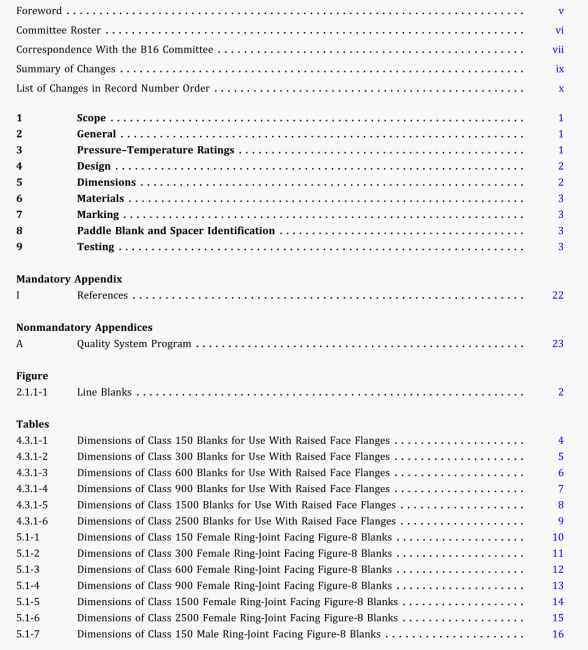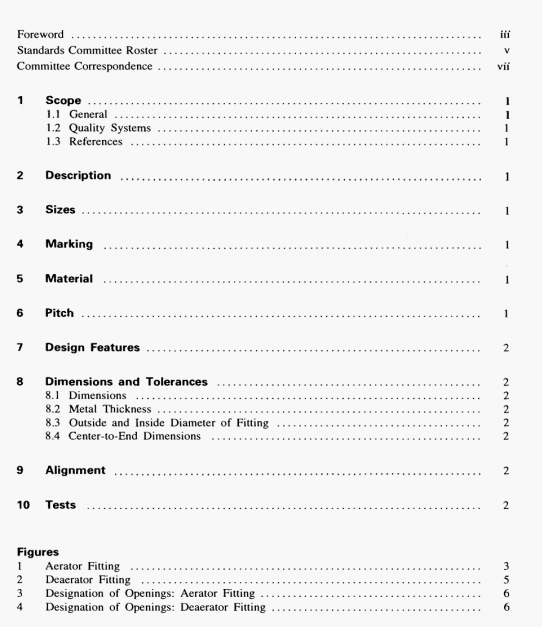Abstract: ASME A112.18.8:2020 pdf download.Sanitary Waste Valves for Plumbing Drainage Systems. 3.2 One-Way Sealing Performance of the Valve 3.2.1 Test Apparatus. The test apparatus is as follows: (a) length of %4 in. (6 mm) bore rubber tubing (b) te...
ASME A112.18.8:2020 pdf download.Sanitary Waste Valves for Plumbing Drainage Systems.
3.2 One-Way Sealing Performance of the Valve
3.2.1 Test Apparatus. The test apparatus is as follows:
(a) length of %4 in. (6 mm) bore rubber tubing
(b) tee-junction suitable for use with the rubber tubing
(c) u-tube manometer with a range of0 in. (0 mm) to 6 in. (152 mm) of water, gage
(d) reducer to enable the rubber tube to be connected to the outlet of the valve
3.2.2 Test Method. Prime the valve by running a gallon of water through the valve to waste. Connect the rubber
tubing
through the reducer to the outlet of the valve. Connect the other end of the tube to the te-junction, one leg of
which is
connected to the u-tube manometer and the remaining leg to another length of tubing. Apply air pressure to the
free endof
the tubing untl a pressure of 4 in. (102 mm) of water, gage, is registered on the u-tube manometer. Clamp the end of the
tube: and maintain pressure for 20 sec. Release the pressure and leave the valve and equipment in situ for a
minimum of 48
hr, then retest under the same conditions but omlt the water priming stage.
3.2.3 Performance Requirements. The valve shall retain a seal under a back pressure, equivalent to 4 in. (102 mm)
of water, gage. for 20 see on both the inital test (with valve primed) and the retest.
3.3 Airway Flow Rate
3.3.1 Test Method. The airway flow rate test shall be performed in accordance with ANSI/ASSE 1051 2009, paras.
3.2.2 through 3.2.3.
3.3.2 Performance Requirements. The maximum opening pressure of the device shall meet the requirements of ANSI/
ASSE 1051-2009, para. 3.2.4. The measured airflow rate shall be at least 1 ft /min (0.47 L/s) in accordance with
the
requirements for 1%4-in. and 1%-in. drainage systems in ANSI/ASSE 1051 2009, para. 1.2.3 and Table 1.
3.4 Recovery From an Excess Back Pressure (nversion) Condition
3.4.1 Test Method. Fit the valve to be tested to a standard sink and connect the arrangement of pipe work shown in
Figure 3.4.1-1 to the outlet of the valve. Close valve at point B. Slowly open valve C until the bladder inverts
and water
flows into the sink. Record the pressure at the point ofinversion Close valve C; open valve B. Insert the sink
plug and flll the
sink with water to level A.
NOTE: Falure of the bladder to invert shall not consttute a fllure of the test or a reason to stop the test.
3.4.2 Performance Requirements. When the sink plug is removed, the sink shall completely drain. At the completion
of the test in para. 3.4.1, the valve shall be tested in accordance with paras. 3.1 and 3.2. Failure to achieve
the performance parameters prescribed in paras. 3.1 and 3.2 shall be cause for rejection of the valve.
Recommended:
ASME A112.1.2:2012 pdf download ASME 14414:2015 pdf download ASME 30.9:2021 pdf download ASME Y14.1-2020 pdf download